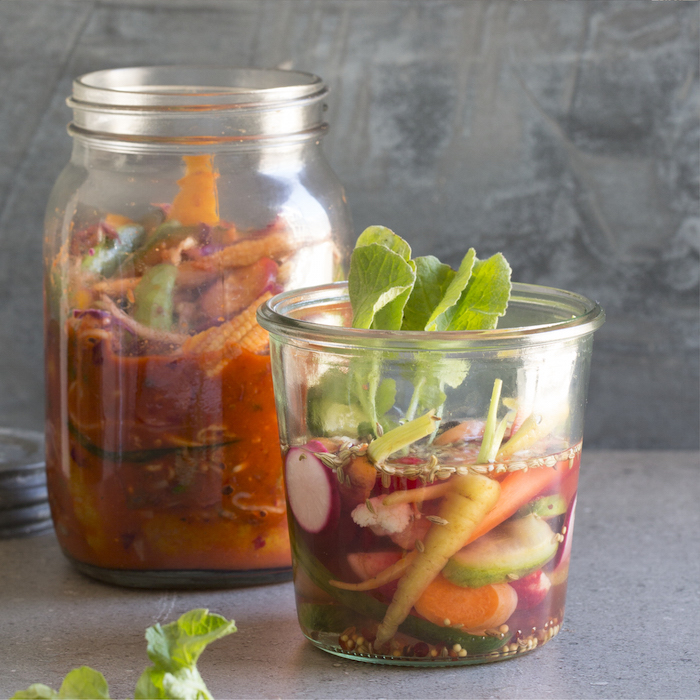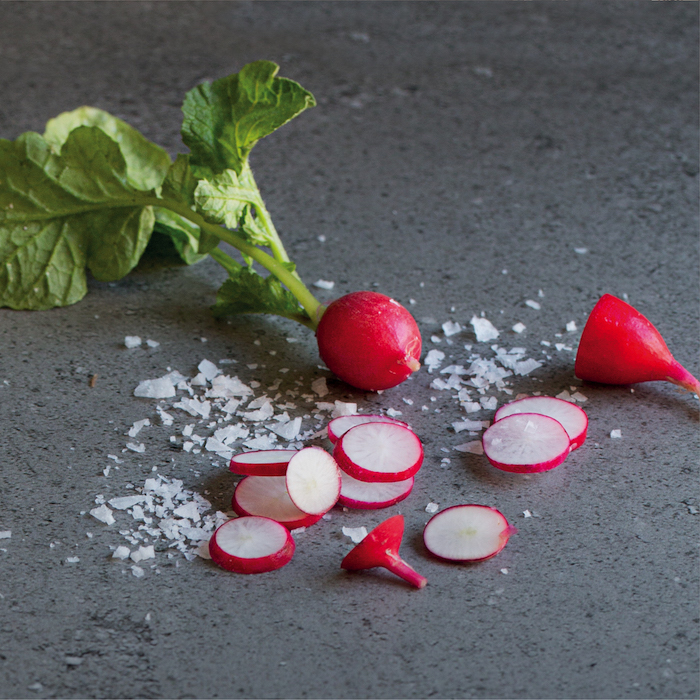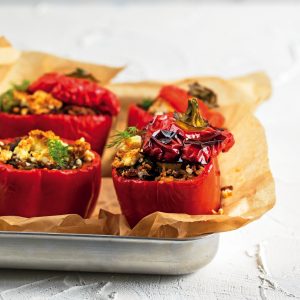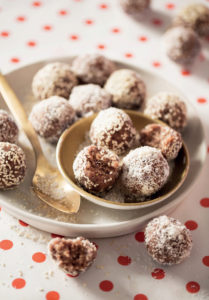Ask the experts
We usually think of bacteria as something that causes disease. But your body is full of bacteria – both good and bad. Probiotics are micro-organisms, such as bacteria and yeast, that have health benefits for the body. Probiotics, often called ‘good’ bacteria, are found in the intestines, where they help to balance the amount of good and bad bacteria, not only helping our digestive systems to function properly but also boosting our immune systems – Lerato Radebe, dietitian and host of the new DSTV show Food Police and a spokesperson for the Association for Dietetics in South Africa (ADSA), gets to grips with the good guys.
Top of the crop
There are many types of bacteria classified as probiotics. They all have different benefits, but most of them can be categorised into two groups. Ask your doc about which might best help you:
Lactobacillus: Probably the most common probiotic, this is the one you’ll find in yoghurt and other fermented food. Different strains can treat diarrhoea and may help people who can’t digest lactose (the form of sugar in milk). In the human body, it lives in the intestines and the vagina.
Bifidobacterium: You will also find this probiotic in some dairy products. It may help alleviate the symptoms of IBS (irritable bowel syndrome).
Prebiotics vs probiotics
Probiotics are the actual live bacteria, whereas prebiotics are the non-digestible fibre in food that makes it conducive for the probiotics in your gut to grow. Sources of prebiotics include oats and bran; garlic, leeks and onions; legumes; artichokes; asparagus; and bananas.
Why is gut health so important?
Your intestinal tract is home to a diverse and complex microbial community and contains about 1 000 different bacterial species. This lively system plays a central role in your health and well-being, impacting your nutrition, bowel movements, immune system and metabolism.
A system off balance
When your gut microbiota is disrupted, it could potentially contribute to conditions such as obesity or malnutrition and IBS, as well as inflammatory bowel diseases such as Crohn’s disease and ulcerative colitis. Immune-related conditions (such as eczema, allergies and the common cold) and general vaginal, urinary and oral health are connected to an imbalance of these important bacteria.
Signs of poor gut health
If you experience digestive discomfort frequently, you may have a problem with the balance of good and bad bacteria in your gut. Stomach pain, gas, bloating and diarrhoea are the common symptoms, but even conditions such as hormonal imbalances and anxiety have been linked to poor gut health.
Happy fermenting
Why is fermented food good for your tummy? In an oxygen-free environment, the Lactobacillus bacteria in vegetables and milk digest the natural sugars in these foods, creating their own acid, which then preserves the food. This is called lacto-fermentation. The lactic acid also kills off bad bacteria and feeds good bacteria in your gut.

Vegetable pickle
Pickle juice is rich in electrolytes, which have been shown to relieve muscle cramps. Choose pickles made with water and salt instead of vinegar.
MAKES 1L
INGREDIENTS
375 ml rice vinegar
125 ml sugar
2 star anise
2 bay leaves
1 tbsp black peppercorns
1 tbsp mustard seeds
1 tsp fennel seeds
1 tsp salt
10 radishes, thinly sliced
8 baby carrots, halved lengthways
4 baby cucumbers, sliced
2 carrots, peeled and thinly sliced
½ cauliflower, cut into florets
METHOD
1. Place the first 8 ingredients in a pot over low heat. Cook until the sugar dissolves. Set aside to cool completely.
2. Add the vegetables and pour into a jar. Leave to pickle at room temperature for 24 hours.
3. Refrigerate once opened.
Mixed-vegetable and citrus kimchi
These fermented foods are not only sources of probiotics, but are also high in organic acids (which help the growth of good bacteria) and enzymes (which aid digestion).
MAKES 1L
INGREDIENTS
150g bean sprouts
10 baby corn cobs, halved lengthways
8 radishes, thinly sliced
1 bunch coriander
1 baby red cabbage, shredded
1 small cucumber, halved lengthways and thinly sliced
Zest and juice of 1 lemon
Zest and juice of 1 lime
Zest and juice of 1 orange
4 tsp salt
2 tbsp chilli paste
1 tbsp rice vinegar
1 tbsp brown sugar
1 tsp miso paste
2 cloves garlic, peeled and crushed
2 cm ginger, peeled and grated
METHOD
1. Place veg and citrus zest in a bowl. Sprinkle with salt and mix. Leave to stand for 1 hour.
2. Add citrus juice and rest of the ingredients. Leave to marinate at room temperature for 12 hours.
3. Transfer to a jar and pour over any liquid left in the bowl. Leave to ferment at room temperature for 1 week before opening.




